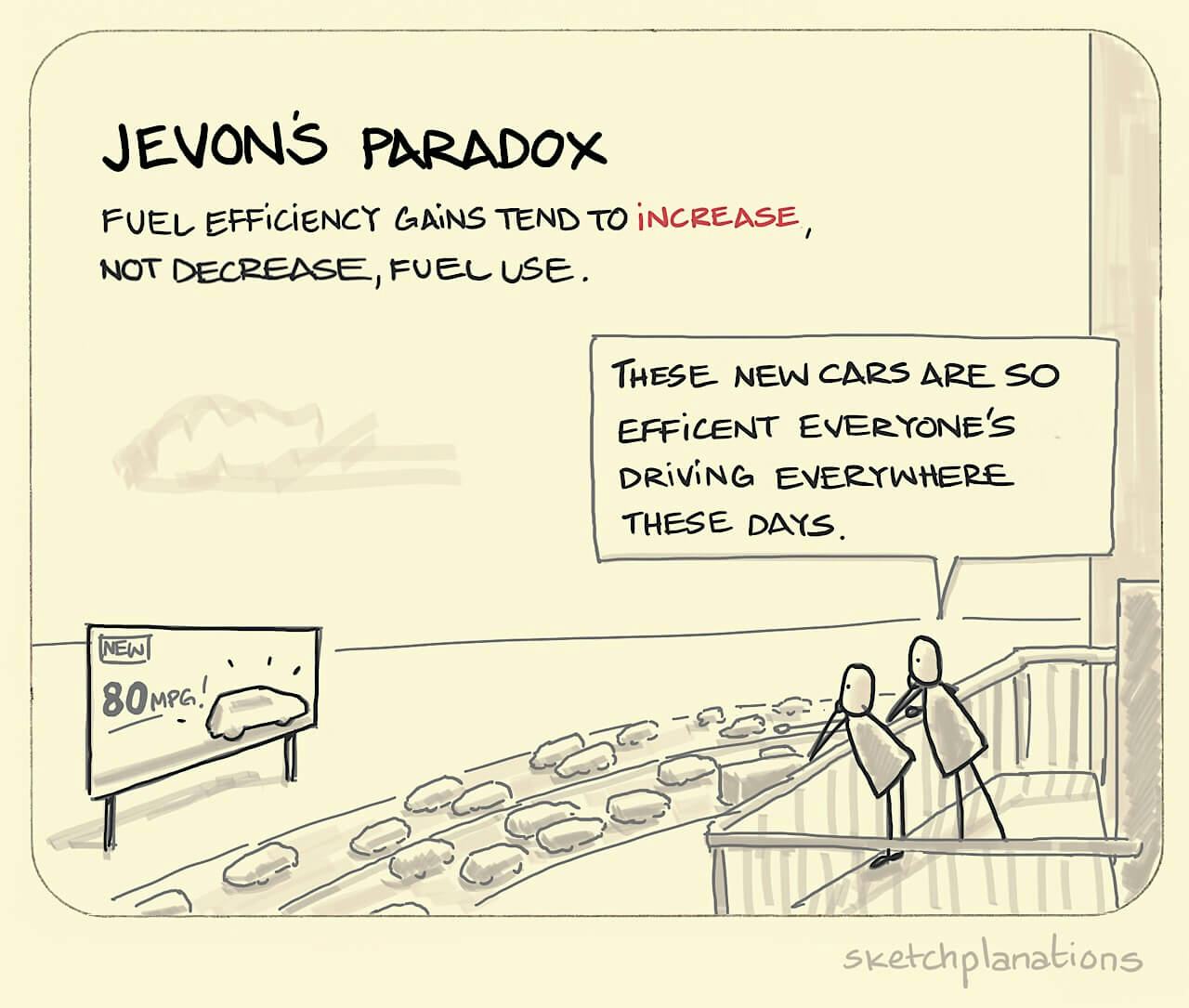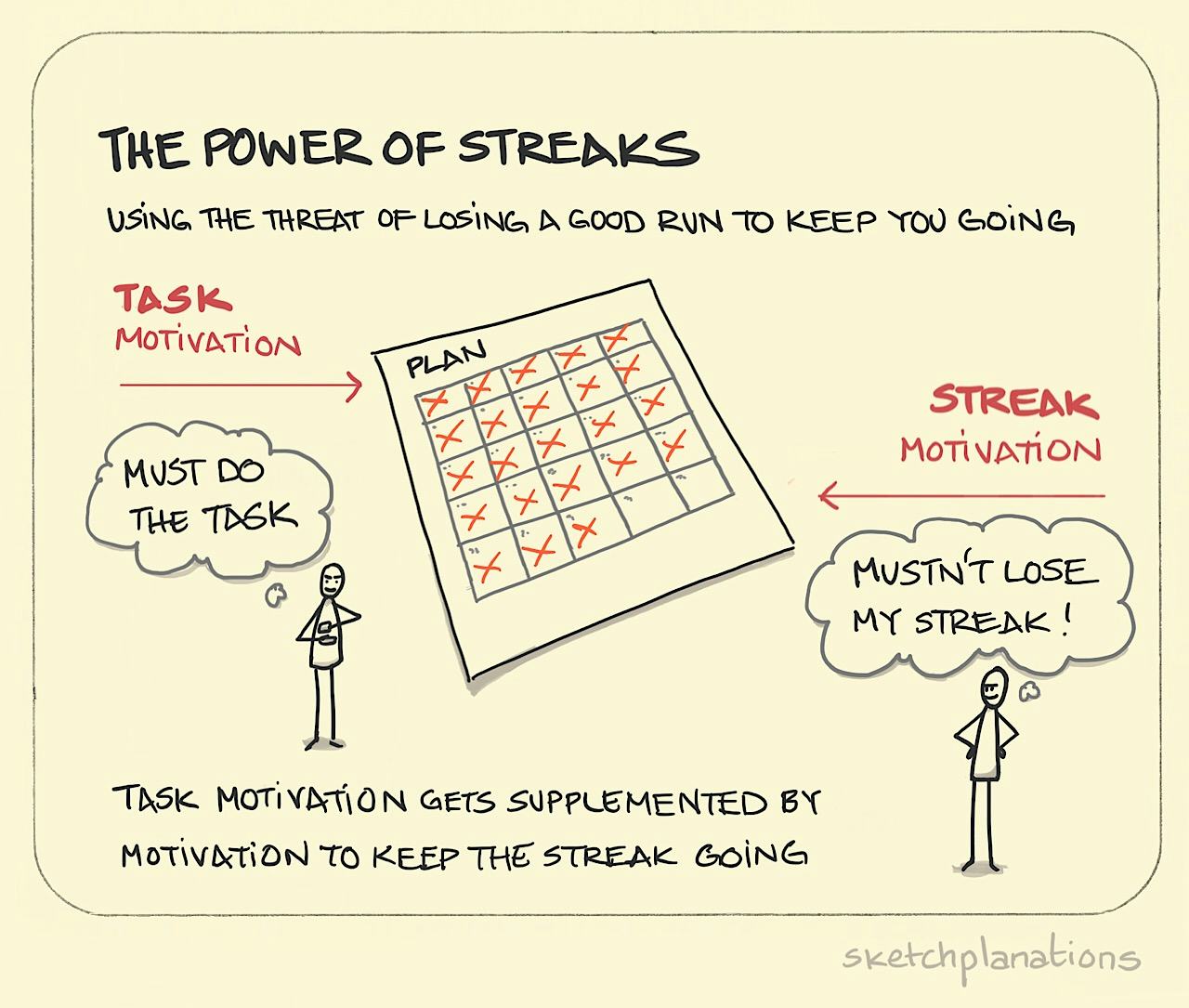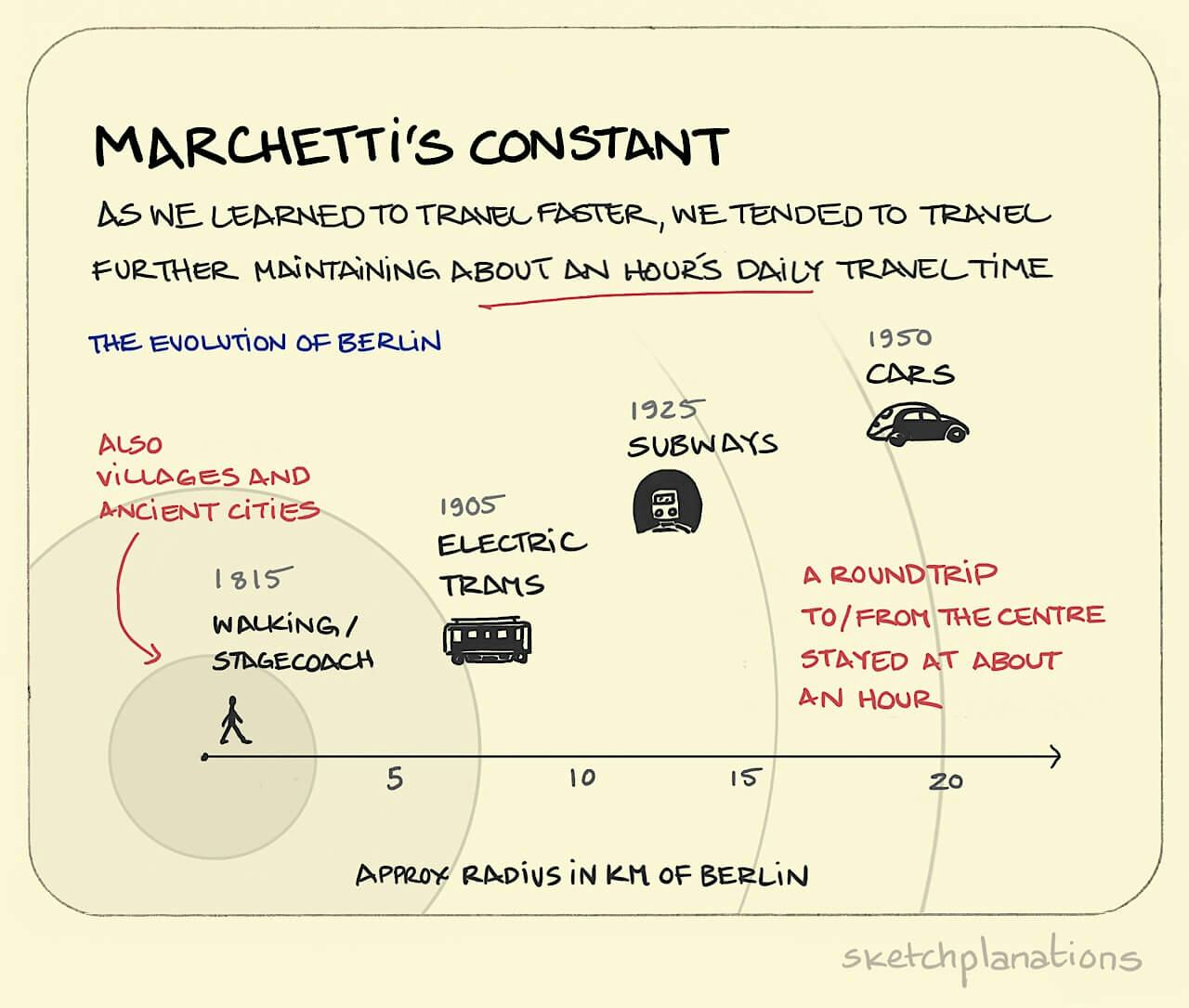Get my new weekly sketch in your inbox
Join over 30,000 people learning something new in a moment each Sunday.

Jevon’s Paradox
Jevon's paradox is that improvements in fuel efficiency tend to increase fuel use, not decrease it as you might expect.
In 1865, a chap named William Stanley Jevons noted that while there had been a number of improvements in coal efficiency in steam engines and the like, the effect was to increase consumption instead of reduce it. This observation became known as Jevon's paradox.
While it’s not a surefire outcome, there are plenty of parallels like more efficient batteries leading to more overall battery use, washing machines leading to doing more washes rather than less time spent washing, or the ability to recycle some plastics leading to more overall plastic consumption.
In her book More Work for Mother, Ruth Cowan addresses the ironies of household technology and how improvements in the efficiency of household devices often led to more work, not less.
This is sometimes known as the rebound effect.
Also see: the fifth fuel: energy efficiency, and save some landfill.
You’re welcome to use and share this image and text for non-commercial purposes with attribution. Go wild!
See licence

